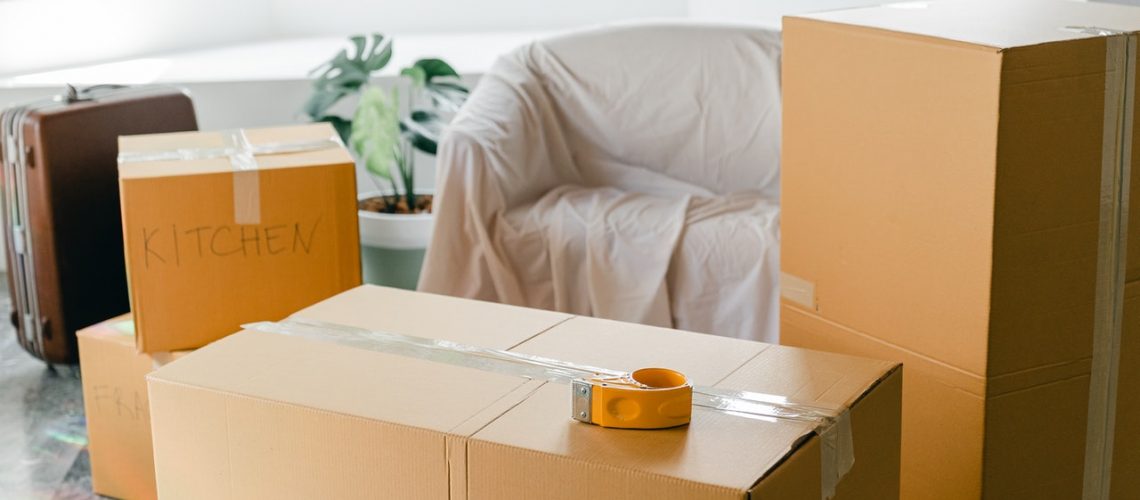Moving is an exciting time because you get to start over in a new house. However, it is a laborious process. We put together 15 tips to make your moving process a lot smoother. These tips are categorized into three, as we think there are different phases of the complete moving experience.
Preparation
Hire movers ahead of time
Before you get your hands dirty with all the packing up you need to do, make sure you’ve already made the important phone calls that can be easily neglected once all your attention are consumed by your moving.
Calling movers and utility companies ahead of time will ensure that everything in your checklist will be taken care of for you as you mind other matters.
Set your budget
Putting an exact limit on expenses will guarantee that you won’t be sidetracked and overspending can be prevented as moving can be quite expensive.
Arrange donation pick-ups
For things that you don’t plan on taking with you on your new home, you might want to donate them to local charities or organizations instead of having them sold. Set donation pick-up arrangements before you start packing so that you don’t have to deal with these things anymore as you begin putting stuff away.
Clear out pantry and fridge
There is no other easier way to clear out the kitchen, especially the fridge, but by consuming as much as you can before the moving day approaches. There might be some ingredients in your pantry that you can easily throw on a pan for a meal so you don’t have to worry about packing them.
Recycle boxes
Save those boxes that newly bought furniture and appliances come with because these will come extremely handy for moving. You can save a lot just by recycling boxes that you already have.
Packing
Pack with dresser drawers, bags and suitcases
While on the topic of convenience, why not use bags and suitcases to safeguard delicate belongings while moving. Suitcases are lifesavers for someone who’s moving because they can store a lot of things from glassware to small appliances that don’t have their boxes anymore. You can also leave your clothes in the hangers to save space and time.
Use clothes, towels and other soft items to wrap delicate objects
Bubble wraps can be quite wasteful if you’re going to opt for it to secure delicate objects in boxes. Soft items like clothes and towels can be useful in keeping your belongings intact during the move.
Use plastic wrap for products that might spill
What you can do with plastic wrap is cover liquid products you have with it like shampoos, lotions and perfumes that are likely to spill.
Label ALL boxes
This tip will make your moving, and unpacking, process more organized. Don’t forget to mark boxes, label them properly with their content and destination in the new house. It will also be a big help to indicate boxes and containers are carrying fragile items so that movers are well-aware.
Moving day
Pack a cooler
As you wait for your refrigerator to be moved and set up, having a cooler with you on the actual moving day is practical so you can have somewhere to store water and grab snacks from as you run around busily.
Make sure you’re pack before actual moving day
This should be a more obvious step but some people tend to forget or neglect to finish packing before moving day comes. Cramming will do no good and will only slow down your errands.
Keep children and pets occupied
Moving is stressful enough without kids joining the equation. Keep them, and your pets, occupied by having them spend time with family or relatives so you can finish moving and unpacking undisturbed.
Unpacking
Start with the kitchen
Unloading glassware, cooking tools and appliances in the kitchen first will get you started on the whole unpacking process. This tip help you access the kitchen more smoothly so that it won’t be chaotic during mealtimes.
Create small progress continuously
Unpacking is as overwhelming as storing things so instead of trying to get everything done in one day, just try to do a little bit at a time. Making small progress everyday will eventually put all your things to their right places.
Save boxes
Don’t make a mistake by throwing out the boxes you used after unpacking. Save and store them afterwards because you never know when you’re going to need them again.

